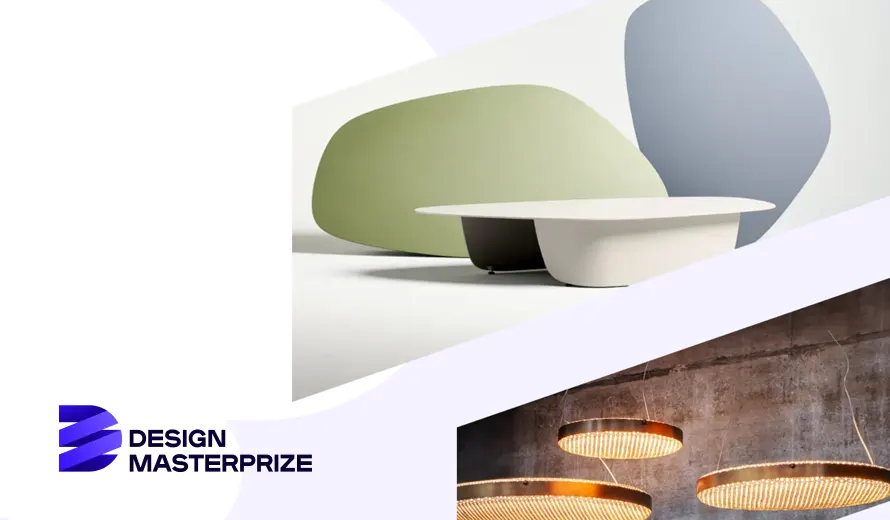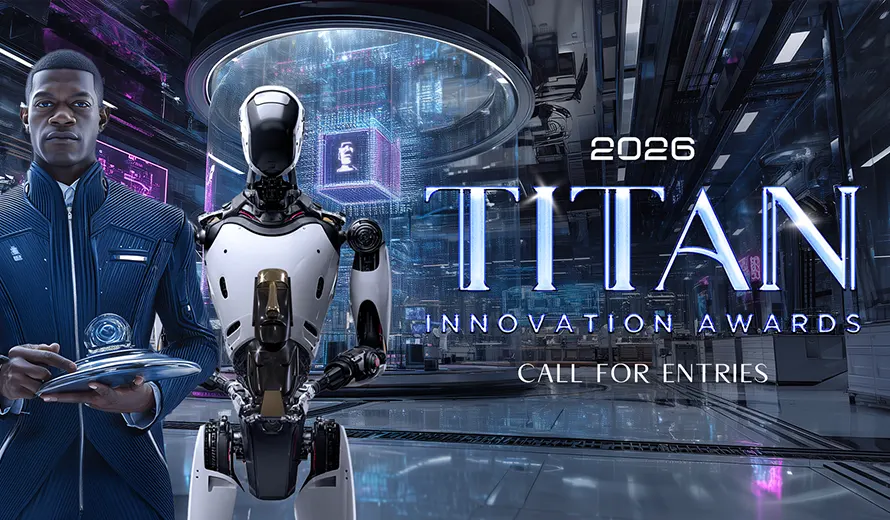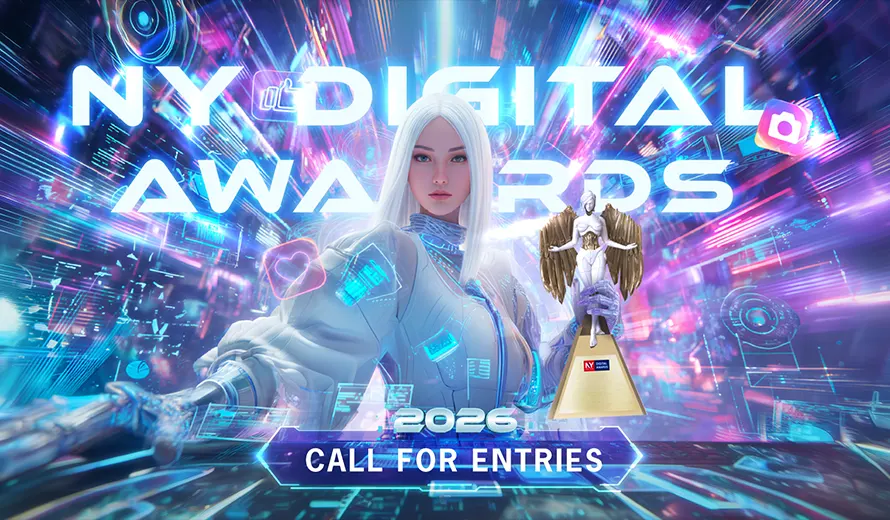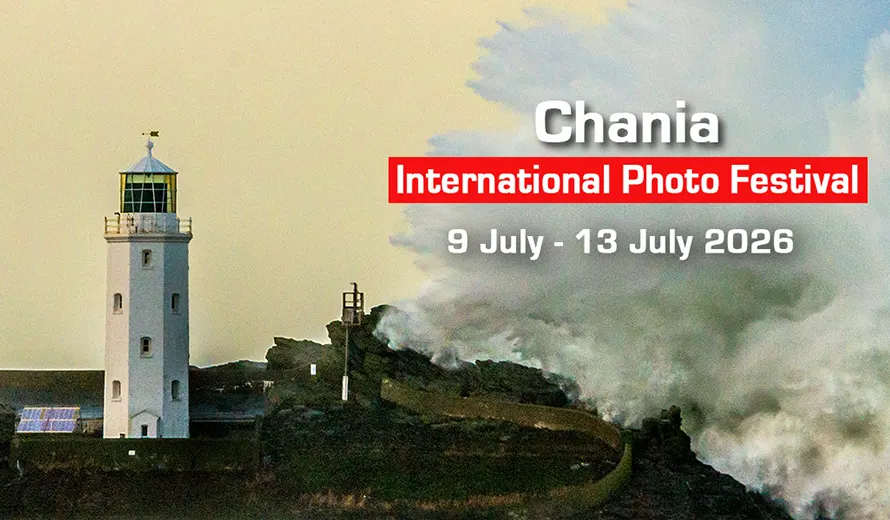National Space Society Settlement Contest 2025
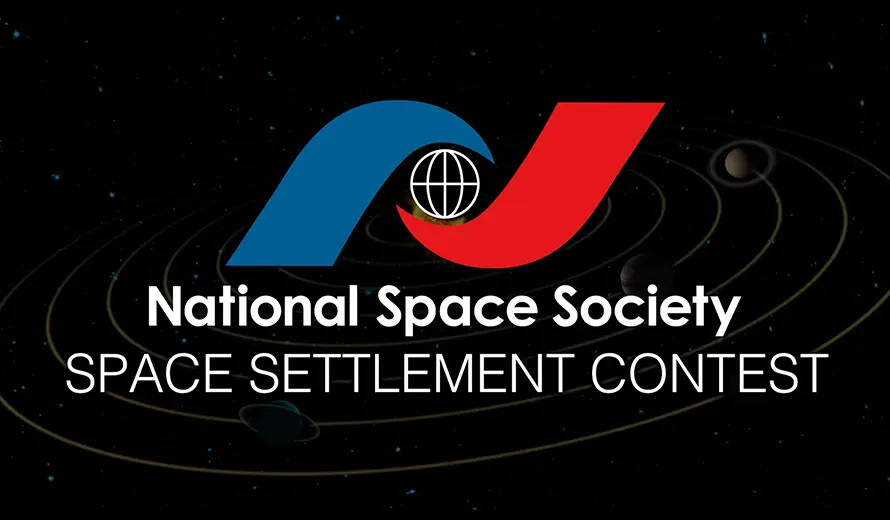
National Space Society Settlement Contest 2025 now is over!
The NSS Space Settlement Contest 2025 is now opened for entries seeking for designs, original research, essays, stories, models, artwork or any other orbital space settlement related materials, invites students around the world to participate.
Short description
The National Space Society (NSS) invites all students around the world up to 12th grade (18 years old) to participate in its NASA Ames Space Settlement Contest 2025.
Space settlements are permanent communities in orbit, as opposed to living on the Moon or other planets. The work of Princeton physicist Dr. O’Neill and others have shown that such colonies are technically feasible, although expensive. Settlers of this high frontier are expected to live inside large air-tight rotating structures holding hundreds, thousands, or even millions of people along with the animals, plants, and single celled organisms vital to comfort and survival. There are many advantages to living in orbit: zero-g recreation, environmental independence, plentiful solar energy, and terrific views to name a few. There is plenty of room for everyone who wants to go; the materials from a single asteroid can build space colonies with living space equal to about 500 times the surface area of the Earth.
Whay should settlements be in orbit? Mars and our Moon have a surface gravity far below Earth normal. Children raised in low-g will not develop bones and muscles strong enough to visit Earth comfortably. In contrast, orbital colonies can be rotated to provide Earth normal pseudo-gravity in the main living areas.
Submissions must relate to free space settlements. Settlements may not be on a planet or moon, although support activities such as mining may be. Settlements must be permanent homes, not temporary work camps. Submissions may focus on one or a few aspects of space settlement and supporting systems, including mines, activities leading up to settlement (such as space hotels), economic and social issues, etc.
Contest submissions may include designs, original research, essays, stories, models, artwork or any other orbital space settlement related materials may be submitted.
Use of AI generated text and images must be explicitly identified and cited.
Students can design entire colonies or focus on one aspect of orbital living. A class or school may submit a joint project where small teams tackle different areas in a coordinated fashion.
Who may enter?
This competition is for all students at up to 12th grade from anywhere in the world.
Prize:
The best submission, regardless of category, wins the grand prize. The highest ranking entry whose student(s) attend(s) ISDC will receive the Herman Rubin Memorial Scholarship of $5,000 and give a talk at the conference.
Entry fees:
The registration fee is $15 and can be waived in hardship cases.
